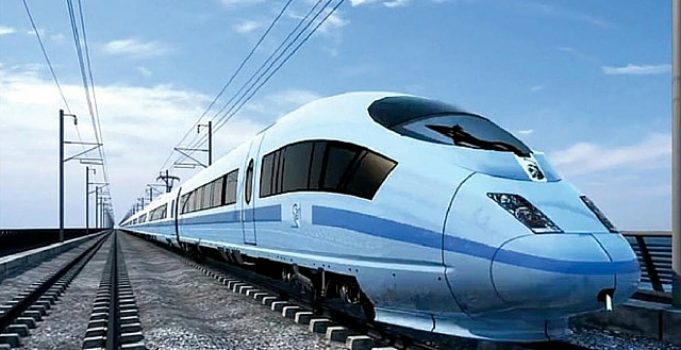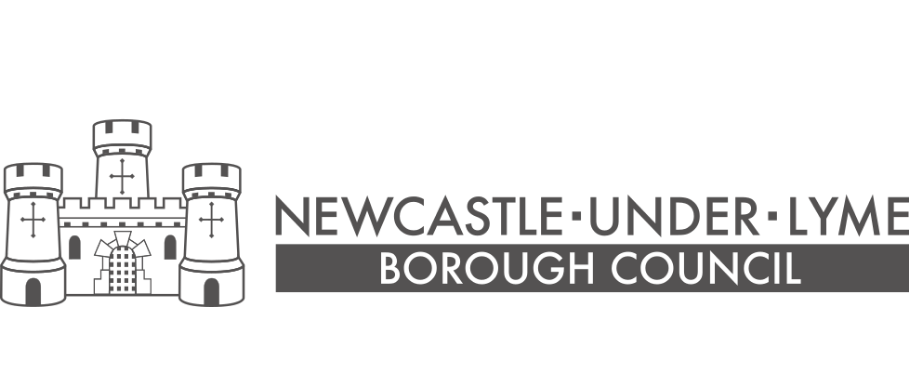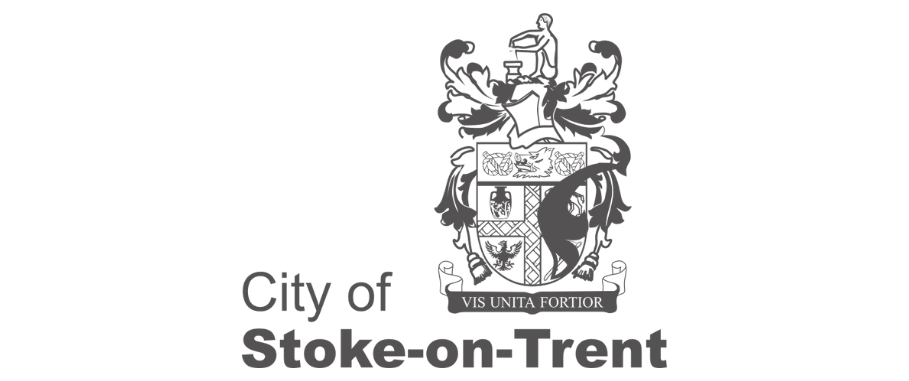
Transport plans drive forward Midlands Engine
Business and political leaders attending a summit to drive forward the Midlands Engine have held in-depth talks on transport plans to maximise the economic benefits of HS2.
Hundreds of business figures and decision makers, including Midlands Engine chairman Sir John Peace and Business Minister Anna Soubry, gathered at Nottingham Trent University for yesterday’s (Monday July 4) Midlands Engine Summit.
Set against the EU referendum result, delegates heard how extra funding, a new dedicated investment hub and high profile overseas trade missions were being lined up to get the region’s economy firing on all cylinders.
Delegates also heard how the Midlands Connect partnership, which includes 28 local authorities, 11 Local Enterprise Partnerships, Network Rail, Highways England, HS2 Ltd and the Department for Transport as an associate member, was developing a long-term transport strategy to power the Midlands Engine.
Midlands Connect programme director Maria Machancoses told the summit that a key element of that strategy was to make sure the region had the right road, rail and air links to best connect and feed into HS2 and unlock further growth and jobs.
Peter Richardson, chairman of the D2N2 Local Enterprise Partnership and member of the Midlands Engine leadership group, chaired a special break-out session at the summit to discuss what transport investment was needed to ensure the region got the most from the high speed rail line.
Mr Richardson said: “Following the EU referendum result, the importance of HS2 and other large infrastructure projects is greater than ever.
“The Midlands will have three HS2 stations and will also be served in part by the Crewe station so the project is obviously paramount to the future success of the region’s transport network and economy.
“We are already seeing the benefit of Phase 1 with £11 billion of contracts being awarded and new jobs created and we need to see similar benefits for Phase 2 when the line goes north from Birmingham to the East Midlands and beyond.
“We are also calling on government to make the most of our regional airports given their excellent connections to HS2, so that we can increase our international opportunities.”
Fellow panellists in the breakout session included Cllr Philip Atkins, leader of Staffordshire County Council, Paul Kehoe, CEO of Birmingham Airport, Andrew Pritchard, Midlands Connect lead on HS2, David Golding, principal strategic planner at Network Rail and Conrad Jones, area manager at HS2 Ltd.
Research has found that improving road and rail links across the Midlands could unlock more than £1 billion of extra economic growth a year and create 300,000 new jobs.
The summit heard that with 11.5 million people, 15 cities, 27 universities, 23 science parks and three international airports, the Midlands offered unparalleled economic opportunities.
The region also makes an annual contribution to the British economy of more than £222 billion a year (up 30 % in the last decade) and accounts for 16 per cent of all UK exports with 460,000 small and medium sized firms.
The summit heard that the Midlands had attracted 880 foreign direct investments over the last four years bringing 48,000 jobs and that following the EU referendum, creating further jobs and driving economic growth had never been greater with a focus on increasing exports of goods and services to emerging markets.
But the Midlands also suffers significant transport challenges which can impact on the competitiveness of its businesses and the economy of the wider UK economy.
The strategic transport plan being developed by Midlands Connect to tackle such constraints and maximise the benefits of HS2 is due to be published in March next year and will serve as the transport component powering the Midlands Engine.
Notes:
- Midlands Connect is a partnership of 28 local authorities across the East and West Midlands, Network Rail, Highways England, HS2 Ltd, 11 Local Enterprise Partnerships and the wider business community. The partnership, which also includes the Department for Transport as an associate member, is due to publish its transport strategy in March 2017.
- The Midlands has:
- A third of all UK manufacturing jobs
- Exports worth £50 billion a year – 16% of all UK exports
- 27 universities with links to emerging sectors
- A population of 11.5 million set to grow by 10% over the next 20 years
- A travel time within four hours to 90 per cent of UK businesses
- East Midlands Airport – the UK’s biggest pure freight airport outside of Heathrow
- Birmingham Airport – one of just seven in the UK to serve more than 10 million passengers a year
- Research carried out by Midlands Connect has shown that cutting journey times on key Midland routes by 20 per cent over the next 20 years could yield local business savings of £460 million a year, increase annual economic activity in the region by £1.1 billion, create 306,000 additional jobs and benefit the labour market by £33 million a year.
- The Government’s Midlands Engine prospectus sets out a vision for an economy focused on productivity and driven by getting the most out of the Midlands’ workforce, research and transport.


















